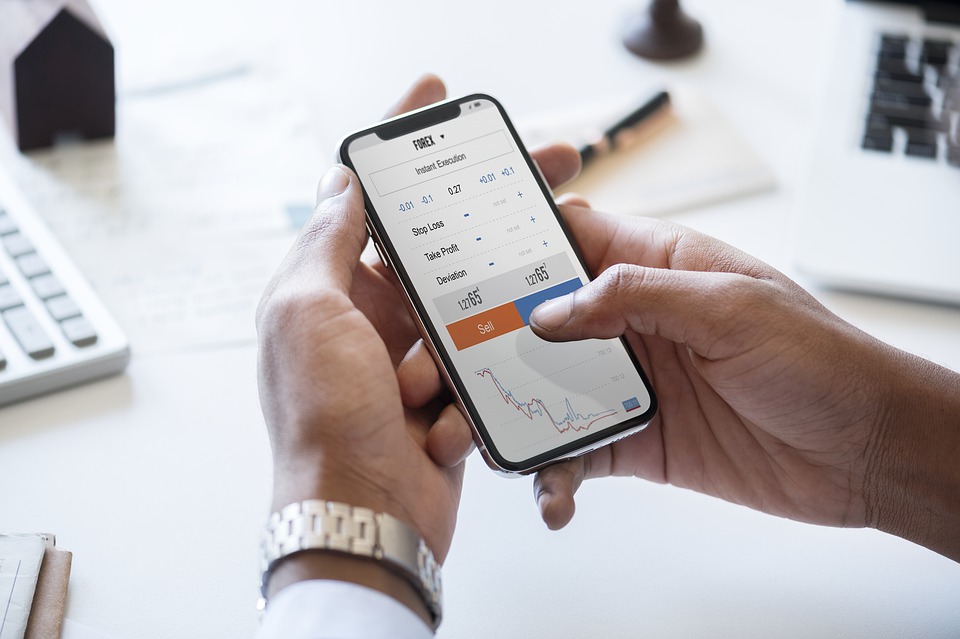Has your smartphone been hacked? The world of technology has sabotaged once more, with reports that WhatsApp users have subjected to a new type of scam that involves a single phone call potentially hijacking their accounts and exposing personal information such as private messages and contact lists. Cyber-attacks on mobile devices tend to be becoming more sophisticated as users become more aware of scams.
According to global search trend data, 20,000 Google searches for ‘how to know if your phone is hacked,’. So experts at Bespokesoftwaredevelopment.com (https://www.bespokesoftwaredevelopment.com/) decided to put together a comprehensive checklist of 9 tell-tale signs to help you figure out if you’ve been the victim of a cyber-attack.
Battery life weakens
The longer you own a phone, the less likely the battery will last. If your phone is relatively new and in good shape, though, there’s a fair possibility that if it has hacked, you’ll notice a big decrease in battery life.
The reason for this is that malware has placed on your phone. It uses your phone’s existing resources and apps to send any data back to the hacker or the server.
Your phone gets hot
It’s unavoidable that excessive use of your phone causes it to become warmer than usual. While this is somewhat typical, it is a tell-tale indicator that your phone has been hacked if it becomes heated without being used excessively. This is because a hacker will have installed malware that runs in the background. This is causing your phone to overheat as a result of the increased activity.
Background noise on calls
Some indications may not be immediately visible. But if your phone has been hacked, you may hear a lot of background noise during a phone call or when your audio turns on. This could indicate that someone is listening in on your talks or that a hacker has gained access to your computer.
Consistent pop ups and mysterious browsing experience
Pop-up advertising are rather common, and we don’t typically doubt their legitimacy. However, you should begin to wonder if you’ve been hacked. If you notice persistent pop-up adverts, which indicate that adware has installed and is forcing the device to click on revenue-generating URLs. You should also avoid clicking on any links that request personal or financial information if they haven’t reviewed or verified.
Similarly, if your browser is acting strangely and every website you visit doesn’t appear correct, or if you’ve diverted to other websites, you’ve probably been hacked. It’s always a good idea to update your passwords and remove any programs you don’t recognize.
Slow performance
Like anything else, the moment you download something a little’s hady,’ your device will begin to slow down, freezing, crashing, or simply glitching. The same is true of malware, which, once again, overburdens the phone’s resources. You may also need to force restart your smartphone to close apps that appear to be active even after you have closed them.
Apps, messages, outgoing calls you don’t recognize
An influx of strange numbers, SMS messages, and downloaded apps using your details are strong indicators that your phone has hijacked. Be cautious, as this could indicate a data breach, and it’s critical that you don’t answer or respond to anything. Block the caller and report it as spam to your provider if you suspect strange activity.
Another reason to avoid answering a number you don’t recognize is that they’re generally expensive calls with a hefty premium. It is with 100% of the revenue going to the cyber criminal. As a result, it’s a good idea to double-check your monthly expenses.
Data usage is unusually high
Most mobile phone users will have an idea of how much data they use on a monthly basis. Any odd spikes could indicate that your phone infects with malware. Large data files transfering and apps taking a long time to load are two warning flags. All of this might be the result of spy programs or malware running in the background, transmitting data back to the server from whence it originated.
Suspicious activity on personal accounts
Your personal data is vulnerable to hackers, from social media apps to emails. Strange behavior on any associated accounts is a clear sign your phone has hacked. Keep an eye out for emails informing you that your password has reset or a security alert informing you that a new device has linked. Do not open any email, link, or app unless you have personally done any of these things.
It’s best to update your passwords as soon as possible by going to your online browser. And then logging in (outside of your device).
Your signal has disappeared
When your mobile phone operator sends you a notification or message regarding a change to your account that you didn’t make, it’s known as a ‘porting assault’. You will soon lose all signal, as well as the ability to log into any bank accounts or email accounts.
You must notify the police as soon as this occurs, stating that you have been a victim of identity theft. Following that, contact your provider with the police report.
Methodology:
- Consumers should be aware of the tell-tale signals that their phone has hacked, according to Bespokesoftwaredevelopment.com https://www.bespokesoftwaredevelopment.com/.
- To do so, they used trustworthy articles from sites like Norton.com, Kaspersky.com, Mcafee.com, NordVPN, Avast, and TechRadar to create a list of the most common and recognised warning indicators.
- They gathered search traffic data for global inquiries that connected to ‘phone hacking’ using Ahrefs.com. The top ten cited queries were chosen to reflect users’ interest in learning how to tell whether they’ve been hacked. These are among the top 30 most frequently asked questions worldwide. They collected data on June 6, 2022, and is current as of that date.
